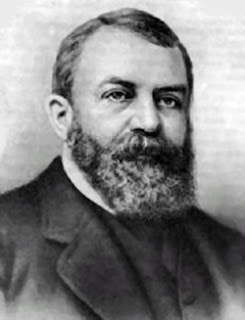We looked at a couple different passages relating to the how Scripture applies to our lives and discussed whether it was something we believed or not. One such passage was Hebrews 4:12, where is compares Scripture to a double-edged sword. It can certainly do that. Lift someone up and encourage them as living holy lives but also call people out on their sins. The way Jesus interacted with individuals could certainly be described this way depending on who He was talking to.
Another passage is 2 Timothy 3:16-17. And these verses tell us the real importance of Scripture.

D. L. Moody probably said it best: "The Bible was not given to increase our knowledge but to change our lives." Sure there is no harm in learning about the different characters and books of the Bible. But unless it is read personally and changes us, we are missing the point.
We didn't get too much beyond that. I really feel some changes needed to be made with Sunday School class. The environment has not been the most conducive to learning as much as we can, letting Scripture engage us as much as it can, and letting it change us. So we are all taking a week to pray and think about what we want to get out of this and putting it down on paper. Then we will form a covenant to follow, which is something that I think every group should do, whether it is at church, a sports team, organization, or whatever. Be praying for us as we go through this uncomfortable, difficult time.


